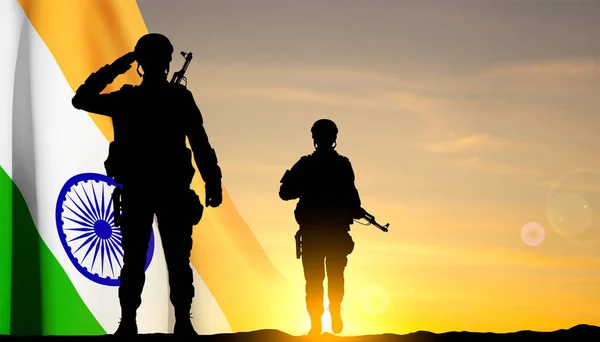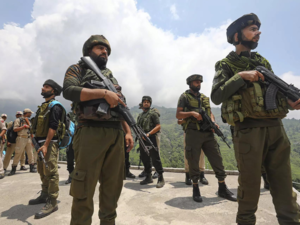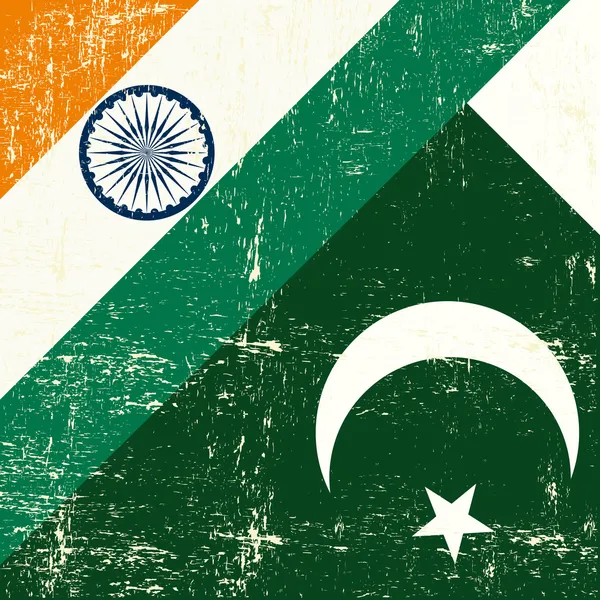Fault Lines Deepen: India-Pakistan Military Clash Raises Nuclear Fears

India’s decision to launch military strikes on Pakistan early Wednesday has plunged the region into one of its most serious crises in years. Pakistan retaliated by claiming to have shot down five Indian fighter jets, escalating tensions that have long simmered over Kashmir, a contested border territory. The latest violence stems from an April massacre that killed 26 people, primarily Indian tourists, sparking outrage in New Delhi.
India said its airstrikes were part of "Operation Sindoor," a mission targeting militant camps belonging to groups such as Lashkar-e-Tayyiba and Jaish-e-Mohammed inside Pakistan and Pakistan-administered Kashmir. Indian officials stressed that no civilian or economic targets were hit during the calculated 25-minute operation. They argued the strikes were necessary in response to Pakistan’s alleged harboring of militants responsible for the Pahalgam killings.
Pakistan rebuffed India’s narrative, saying that the strikes killed civilians and damaged religious sites. Pakistani military officials reported that six areas were targeted with a total of 24 strikes, reaching deeper into Pakistani-controlled territory than any attack since the 1971 war. The death toll on the Pakistani side reached 31, with at least 57 injured, including children, according to military spokesman Ahmed Sharif Chaudhry.
Pakistan’s Prime Minister Shehbaz Sharif did not shy away from calling the strikes an “act of war.” He declared that his country has both the will and the right to retaliate. In a speech later that day, Sharif claimed that Pakistan’s air force had successfully destroyed several Indian jets, including three of India’s prized Rafale aircraft—a claim India has yet to confirm.
Fighting also erupted along the Line of Control (LOC) via artillery exchanges and gunfire. Indian officials said an aircraft crashed in Indian-administered Kashmir, though its origin remains unclear. At least 12 Indian civilians were reportedly killed in cross-border shelling by Pakistani troops, according to defense sources in New Delhi.
The underlying source of this latest flare-up is Kashmir, a region claimed by both India and Pakistan since the British partition in 1947. Despite decades of conflict and diplomatic efforts, the area remains a powder keg. The massacre in Pahalgam served as a spark, intensifying nationalist sentiment in both countries and leading to tit-for-tat actions that destabilized already fragile relations.
Global leaders expressed concern over the escalation. The UN Secretary-General urged both sides to avoid a military confrontation, a sentiment echoed by China, Japan, and the U.S. The United States confirmed it was closely monitoring developments without taking sides. Meanwhile, India actively briefed international partners like the UAE, U.K., and Russia, seeking to assure the world that its actions were measured responses to security threats.
What's Your Reaction?















:format(webp)/cdn.vox-cdn.com/uploads/chorus_image/image/70136881/1347078605.0.jpg)





